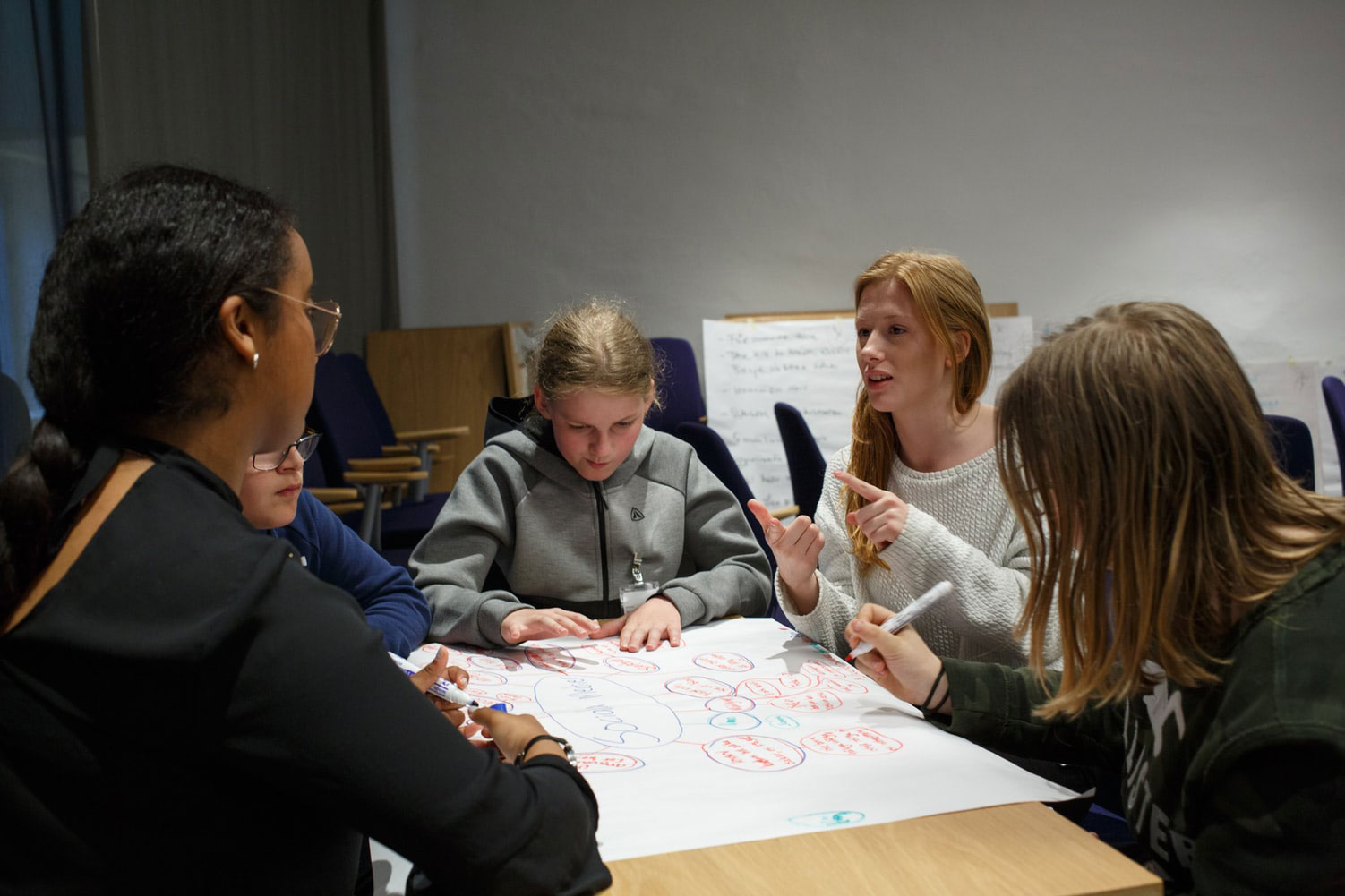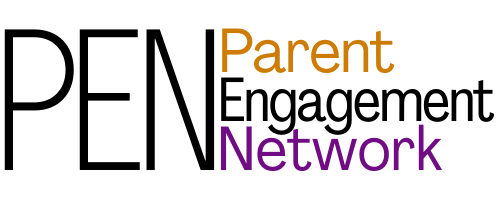PEN’s 4 Key Initiatives
PEN provides evidence-based information, opportunities to connect, and access to resources that help you navigate some of the most challenging issues facing parents today.

1. Building Resilient Families
To be resilient is to face life’s challenges, and bounce back even stronger than you were before. Facing these challenges is not only a normal part of parenting, it is a normal part of growing up – for both parents and their children. Some examples of PEN programs include:
- strengthening parent child relationships,
- setting boundaries,
- learning effective communication strategies,
- building a support network, and
- recognizing your own strengths and teaching your children to do the same.
We take a strength-based approach that leaves you informed, resourced, and prepared.
2. Reducing Stress and Anxiety
PEN has learned that stress and anxiety are both the source, and the consequence, of many issues facing youth & families. Therefore, one of the best ways we can support parent’s overall health and well-being is to provide information and strategies for managing life’s challenges.
PEN programs are grounded in the idea that while stress & anxiety are biological and necessary for our survival, they can be acknowledged, reframed and managed effectively.
Among other programs, we host an annual stress & anxiety conference that brings together dozens of expert presenters (including a Spanish speaking track), resource tables, and opportunities to build connections. CEU credits are available for professionals
3. Preventing Drug and Alcohol Use & Misuse
PEN takes a systemic approach to serving youth and families in this area by hosting yearly events around drugs like marijuana, alcohol, vaping, and opioids and prescription drugs.
PEN staff and volunteers participate in trainings that support best practice and participate in community-wide prevention efforts through participation in coalitions such as the Public Health Department’s Healthy Futures Coalition and Communities That Care (CTC).
4. Raising Kids in a Digital Age
The job of a parent is made increasingly difficult with the persistent presence of social media and the challenges of raising a child in a digital world.
Our goal is to help parents navigate the rocky waters by providing information and resources around topics such as home safety, developmentally appropriate use, impacts on the developing brain, legal ramifications of cyberbullying and sexting, online gaming, addiction, and guidelines for talking to your child about safety and healthy digital media usage.
Learn, Lead, and Live Into Parenting!
Our approach is grounded in the three pillars of parenting: being engaged, educated, and empowered!
How We Do It
PEN provides a variety of opportunities for you to engage in your child’s development and your own well-being. Combining parent education and parent leadership allows us to provide a wholistic approach to supporting families.
Engage
PEN believes it takes a village to raise a child, and being engaged is the first step in creating that village. Engagement involves building a community of parents and professionals who are there when you need help. An engaged parent listens, shows up, and spends time with their child. Modeling this will teach your child to build a healthy support network for themself. Our job is to reach out and be available; your job is to show up!
Educate
“You cannot serve from an empty vessel” PEN values knowledge that is research-based, accessible to all parents, applicable to everyday life, and builds capacity across multiple contexts. That is why we provide educational opportunities for parents of kindergarten to young adult children. Our programs address topics parents can expect to encounter, while also being responsive to specific needs or issues that arise.
Empower
Parents are the best parents they know how to be. PEN empowers parents by accepting them fully, loving them deeply, an encouraging them to be strong and confident in their ability to do what is best for themselves and their child. Parents who feel safe and equipped are more capable of making parenting decisions, accepting themselves, asking for help, and giving back to other parents.










